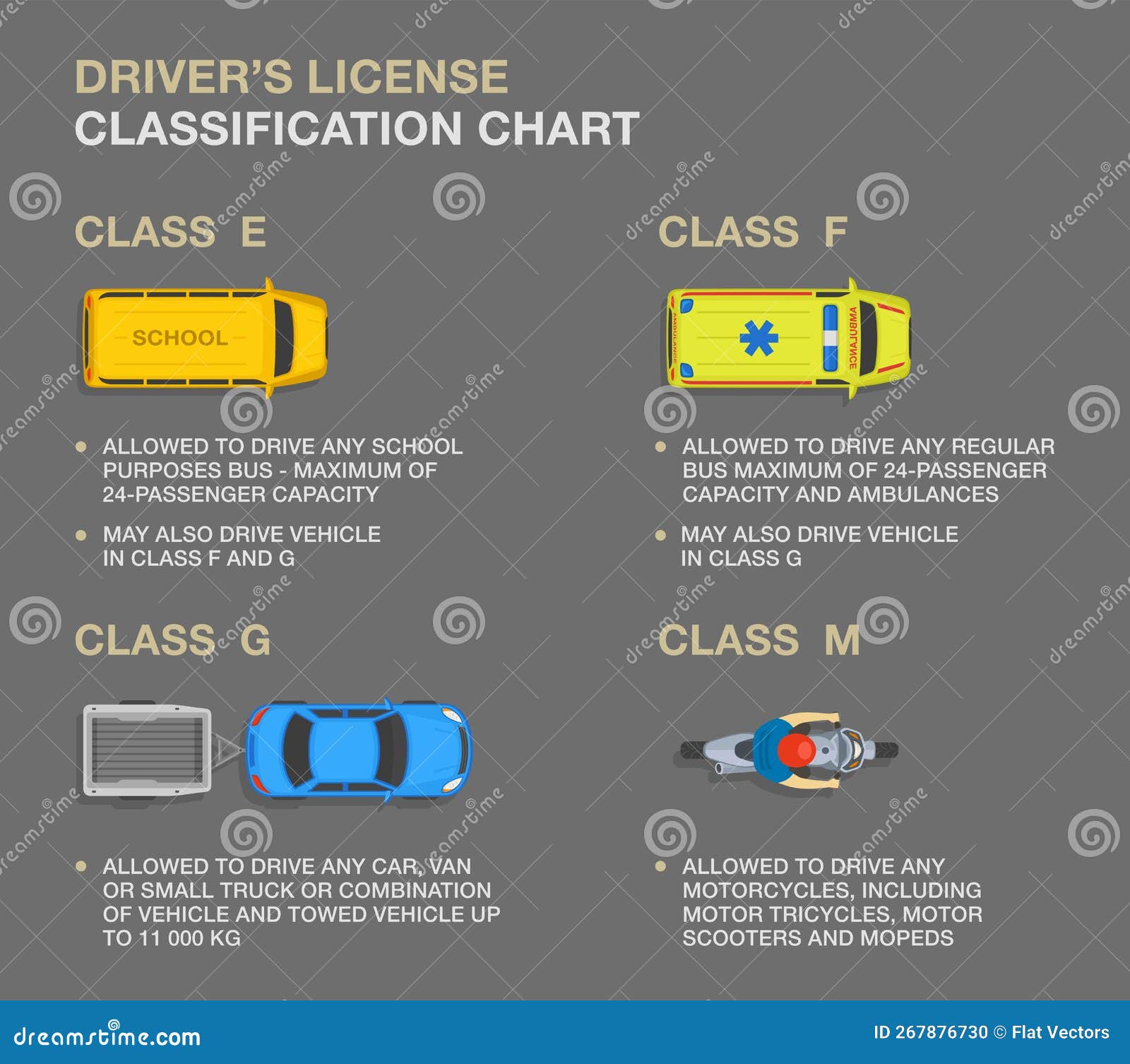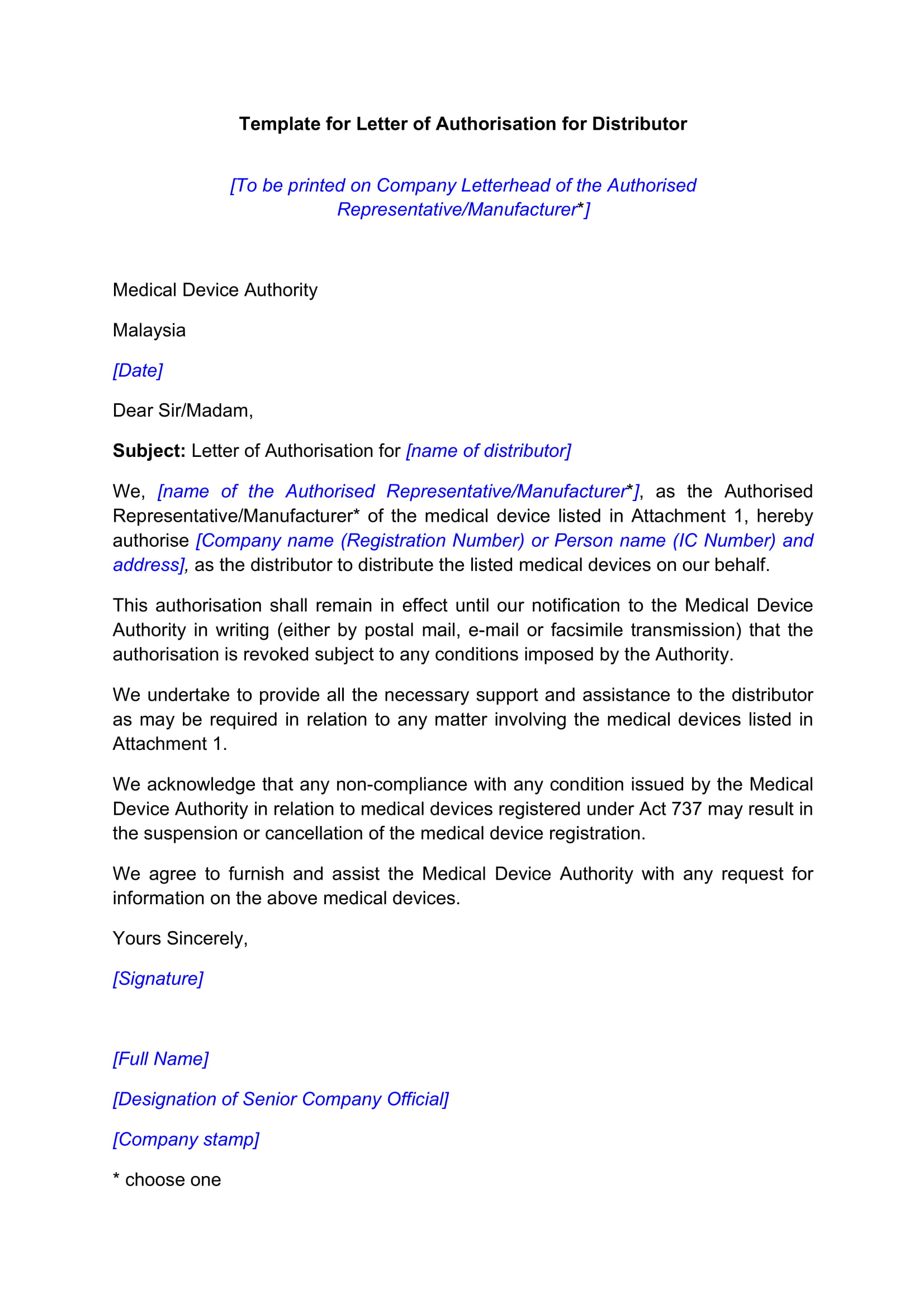Understanding the Importance of a Distributor License
Obtaining a distributor license is a crucial step for businesses looking to expand their operations and increase their market reach. A distributor license is a permit issued by a state or local government that allows a business to distribute products to retailers, wholesalers, or other businesses. Having a distributor license can bring numerous benefits, including increased credibility, access to new markets, and compliance with regulations.
In today’s competitive market, having a distributor license can be a major differentiator for businesses. It demonstrates a commitment to quality and compliance, which can help build trust with customers and partners. Furthermore, a distributor license can provide access to new markets and revenue streams, enabling businesses to grow and expand their operations.
However, obtaining a distributor license can be a complex and time-consuming process. It requires businesses to meet specific requirements and regulations, which can vary depending on the state or local government. To navigate this process successfully, businesses need to understand the importance of a distributor license and the benefits it can bring.
By obtaining a distributor license, businesses can unlock new opportunities and take their operations to the next level. It is essential to understand the process of how to obtain a distributor license and the requirements involved. This knowledge will enable businesses to make informed decisions and take the necessary steps to achieve their goals.
In the following sections, we will delve into the details of the distributor license application process, including the basic requirements, license types, and necessary documents. We will also provide tips and best practices for preparing for the licensing process and overcoming common obstacles.
Meeting the Basic Requirements: Eligibility and Prerequisites
To obtain a distributor license, applicants must meet certain basic requirements and prerequisites. These requirements vary depending on the state or local government, but generally include age, education, and background checks.
In terms of age, applicants must typically be at least 18 years old to apply for a distributor license. Some states may have additional age requirements, such as being at least 21 years old to distribute certain products like liquor or tobacco.
Education requirements also vary, but applicants typically need to have a high school diploma or equivalent. Some states may require additional education or training, such as a degree in a related field or completion of a certification program.
Background checks are also a common requirement for distributor license applicants. These checks may include a review of the applicant’s criminal history, as well as their business and financial history.
Examples of industries that require a distributor license include food, pharmaceuticals, and cosmetics. These industries are heavily regulated, and a distributor license is necessary to ensure compliance with state and federal laws.
For instance, food distributors must obtain a license to ensure that they are handling and storing food products safely and in compliance with regulations. Pharmaceutical distributors must also obtain a license to ensure that they are handling and distributing prescription medications safely and in compliance with regulations.
Cosmetic distributors must obtain a license to ensure that they are handling and distributing cosmetic products safely and in compliance with regulations. This includes ensuring that products are properly labeled and packaged, and that they meet certain safety and quality standards.
By meeting these basic requirements and prerequisites, applicants can take the first step towards obtaining a distributor license and unlocking new business opportunities.
Choosing the Right License Type: Understanding Your Options
When it comes to obtaining a distributor license, it’s essential to choose the right license type for your business. There are several types of distributor licenses available, each with its own set of requirements and regulations.
One of the most common types of distributor licenses is a wholesale license. This type of license allows businesses to distribute products to other businesses, such as retailers or other wholesalers. Wholesale licenses are often required for businesses that distribute products in bulk, such as food, beverages, or pharmaceuticals.
Another type of distributor license is a retail license. This type of license allows businesses to distribute products directly to consumers. Retail licenses are often required for businesses that sell products in stores, online, or through other retail channels.
Manufacturing licenses are also available for businesses that produce and distribute their own products. This type of license requires businesses to meet specific manufacturing and quality control standards.
Some products require specific licenses, such as liquor or tobacco. These licenses often have additional requirements and regulations, such as age restrictions or special packaging requirements.
For example, liquor distributors must obtain a special license to distribute alcoholic beverages. This license requires businesses to meet specific requirements, such as age restrictions and responsible serving practices.
Tobacco distributors must also obtain a special license to distribute tobacco products. This license requires businesses to meet specific requirements, such as age restrictions and warning label requirements.
By choosing the right license type, businesses can ensure that they are meeting the necessary requirements and regulations for their industry. This can help businesses avoid fines, penalties, and reputational damage.
When researching how to obtain a distributor license, it’s essential to consider the specific requirements and regulations for your industry and license type. This can help businesses navigate the licensing process and ensure that they are meeting the necessary requirements.
Gathering Necessary Documents: A Step-by-Step Guide
To obtain a distributor license, applicants must gather and submit various documents as part of the application process. These documents are necessary to verify the applicant’s identity, business legitimacy, and compliance with regulations.
One of the most important documents required for a distributor license application is business registration. This document proves that the applicant’s business is registered with the state and has a valid business license. Applicants can obtain a business registration certificate from their state’s business registration office.
Another required document is a tax ID number, also known as an Employer Identification Number (EIN). This number is assigned by the Internal Revenue Service (IRS) and is used to identify the applicant’s business for tax purposes. Applicants can apply for an EIN on the IRS website.
Product liability insurance is also a necessary document for distributor license applicants. This type of insurance protects the applicant’s business in case of product-related injuries or damages. Applicants can purchase product liability insurance from a licensed insurance provider.
Other documents that may be required for a distributor license application include a sales tax permit, a use tax permit, and a certificate of good standing. These documents can be obtained from the applicant’s state’s tax authority and secretary of state’s office, respectively.
To obtain these documents efficiently, applicants can follow these steps:
Step 1: Check with the state’s licensing authority to determine the specific documents required for the distributor license application.
Step 2: Gather all necessary documents and ensure they are complete and accurate.
Step 3: Submit the documents as part of the distributor license application, along with the required application fee.
By following these steps and gathering the necessary documents, applicants can ensure a smooth and efficient distributor license application process.
When researching how to obtain a distributor license, it’s essential to understand the specific document requirements for your state and industry. This can help applicants avoid delays and ensure that their application is complete and accurate.
Preparing for the Licensing Process: Tips and Best Practices
To ensure a smooth and successful distributor license application process, it’s essential to prepare thoroughly. Here are some tips and best practices to help applicants prepare for the licensing process:
First, applicants should carefully review the licensing requirements and ensure they meet all the necessary qualifications. This includes meeting the basic requirements, such as age, education, and background checks, as well as obtaining the necessary documents, such as business registration and tax ID numbers.
Next, applicants should fill out the license application carefully and accurately. This includes providing all required information, such as business name, address, and contact information, as well as submitting all required supporting documents.
Applicants should also ensure they pay the required licensing fees on time. This includes the initial application fee, as well as any additional fees required for things like background checks or document verification.
Another important step is to submit the application and supporting documents in a timely manner. This includes meeting the application deadline, as well as ensuring all documents are submitted in the required format.
To avoid delays or rejection, applicants should also ensure they provide accurate and complete information. This includes double-checking all information for accuracy, as well as ensuring all required documents are included.
Finally, applicants should be prepared to respond to any additional requests or questions from the licensing authority. This includes being available to answer questions or provide additional information, as well as being prepared to address any concerns or issues that may arise during the application process.
By following these tips and best practices, applicants can ensure a smooth and successful distributor license application process. This can help applicants avoid delays or rejection, and ensure they are able to obtain the necessary license to operate their business.
When researching how to obtain a distributor license, it’s essential to understand the specific requirements and regulations for your state and industry. This can help applicants prepare for the licensing process and ensure they are able to meet all the necessary requirements.
Overcoming Common Obstacles: Troubleshooting Tips
While the process of obtaining a distributor license can be complex, there are several common obstacles that may arise. Fortunately, there are also several troubleshooting tips and solutions that can help applicants overcome these challenges.
One common obstacle is an incomplete application. This can happen if the applicant fails to provide all the required information or supporting documents. To avoid this, applicants should carefully review the application requirements and ensure they provide all the necessary information and documents.
Another common obstacle is missing documents. This can happen if the applicant fails to submit all the required supporting documents, such as business registration or tax ID numbers. To avoid this, applicants should ensure they have all the necessary documents and submit them with the application.
Applicants may also encounter issues with the licensing authority, such as delays or rejection. To avoid this, applicants should ensure they meet all the necessary requirements and submit a complete and accurate application.
Additionally, applicants may encounter issues with the application fee or payment process. To avoid this, applicants should ensure they understand the payment process and submit the correct payment with the application.
To overcome these common obstacles, applicants can follow these troubleshooting tips:
Tip 1: Carefully review the application requirements and ensure you provide all the necessary information and documents.
Tip 2: Ensure you have all the necessary supporting documents, such as business registration or tax ID numbers, and submit them with the application.
Tip 3: Ensure you meet all the necessary requirements and submit a complete and accurate application.
Tip 4: Understand the payment process and submit the correct payment with the application.
By following these troubleshooting tips, applicants can overcome common obstacles and ensure a smooth and successful distributor license application process.
When researching how to obtain a distributor license, it’s essential to understand the common obstacles that may arise and how to overcome them. This can help applicants prepare for the licensing process and ensure they are able to meet all the necessary requirements.
Maintaining Your License: Ongoing Requirements and Renewal
Once you have obtained a distributor license, it is essential to maintain it by meeting the ongoing requirements and renewal fees. This includes paying renewal fees, completing continuing education requirements, and complying with regulations.
Renewal fees are typically paid annually or bi-annually, depending on the state or local government. These fees help to fund the licensing authority and ensure that the license remains valid.
Continuing education requirements are also an essential part of maintaining a distributor license. These requirements help to ensure that license holders stay up-to-date with industry developments and best practices.
Compliance with regulations is also crucial for maintaining a distributor license. This includes complying with laws and regulations related to the distribution of products, such as food, pharmaceuticals, or cosmetics.
To maintain a distributor license, license holders should:
Pay renewal fees on time to avoid late fees or penalties.
Complete continuing education requirements to stay up-to-date with industry developments and best practices.
Comply with regulations related to the distribution of products.
Stay informed about changes to laws and regulations that may affect the license.
By meeting these ongoing requirements and renewal fees, license holders can ensure that their distributor license remains valid and that they can continue to operate their business with confidence.
When researching how to obtain a distributor license, it’s essential to understand the ongoing requirements and renewal fees associated with maintaining the license. This can help license holders prepare for the long-term and ensure that they can continue to operate their business successfully.
Conclusion: Unlocking Your Business Potential with a Distributor License
In conclusion, obtaining a distributor license is a crucial step for businesses looking to expand their operations and increase their market reach. By understanding the importance of a distributor license, meeting the basic requirements, choosing the right license type, gathering necessary documents, preparing for the licensing process, overcoming common obstacles, and maintaining the license, businesses can unlock their full potential and achieve success.
By following the steps outlined in this article, businesses can navigate the complex process of obtaining a distributor license and ensure that they are meeting all the necessary requirements. Whether you are a small startup or a large corporation, a distributor license can help you to increase your credibility, access new markets, and comply with regulations.
So, if you are looking to take your business to the next level, consider obtaining a distributor license. With the right license, you can unlock new opportunities, increase your revenue, and achieve long-term success. Don’t let the complexities of the licensing process hold you back – take the first step today and start unlocking your business potential.
Remember, obtaining a distributor license is a significant investment in your business, and it requires careful planning and attention to detail. However, with the right guidance and support, you can navigate the process with confidence and achieve your goals.
By following the tips and best practices outlined in this article, you can ensure that you are well-prepared for the licensing process and that you can overcome any obstacles that may arise. So, don’t wait – start your journey to obtaining a distributor license today and unlock your business potential.







